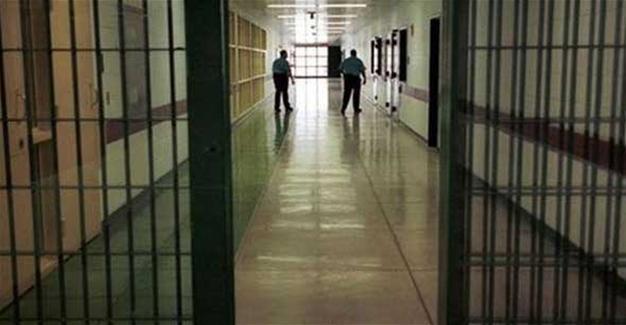Inmates convicted of terror, drugs, sex abuse charges excluded from reductions
Oya Armutçu – ANKARA
 A new regulation introduced by the Turkish Justice Ministry due to overpopulation in prisons excludes inmates arrested or convicted on terrorism, drugs or sexual abuse charges, officials have said.
A new regulation introduced by the Turkish Justice Ministry due to overpopulation in prisons excludes inmates arrested or convicted on terrorism, drugs or sexual abuse charges, officials have said. Overpopulation in jails after the July 15, 2016, coup attempt, widely believed to have been masterminded by the Fethullahist Terrorist Organization (FETÖ), led the ministry to introduce new regulations that would improve prison conditions for inmates serving less than 10 years in prison.
According to the new regulations, inmates with total prison terms of below 10 years will remain in closed prisons for one month before being transferred to open prisons. However, inmates who were jailed on terror, drugs or sexual abuse crimes will not be able to move to open prisons.
The number of inmates who benefit from the new regulation is not yet clear.
Convicts who received aggravated life sentences and those who were found guilty of terror crimes will also not be able to move to open prisons. However, those convicted of robbery, intentional injury, fraud, polluting the environment and harming property will be able to move to open prisons if their total prison terms are below 10 years.
After the number of people arrested over their links to U.S.-based Islamic preacher Fethullah Gülen reached 42,000 and the total number of inmates in Turkey rose to more than 197,297, the ministry decided to introduce new regulations to transfer inmates to open prisons in order to open space in closed prisons.
The new regulations will enable inmates with shorter sentences to serve in stricter conditions in closed prisons for one month but will later be transferred to more spacious open prisons, the Official Gazette stated on Feb. 23.
Inmates with sentences of over 10 years will serve one-tenth of their terms in a closed prison before being sent to open jails.
Those in open prisons can work outside, talk on the phone without being listened to, visit their families more frequently and receive permission to go outside.
















